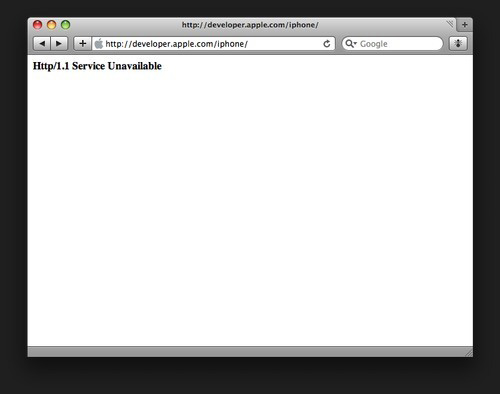The Silicon Alley Insider raises an important question, with regard to Radiohead's testimony against RIAA in a case against a college student: Would Radiohead be able to take that stance if they hadn't sold millions, "without the protection and promotion of an RIAA that Radiohead now blithely dismisses"?
But while arguing RIAA's importance with regard to the vast majority of musicians is mildly amusing in its fallacy, the article doesn't stop there:
We love Radiohead, but we're not sure if the band realizes they're superstars, and the normal rules don't apply to them anymore. The band's "pay what you want" idea for the In Rainbows album may have been successful, but for every one Radiohead there's ten thousand would-be rock stars selling CDs out of the trunks of their car (or MP3s on some little-visited web site) and starving.
So, one Radiohead per ten thousand would-be rock stars. Apparently the authors ignore that this is
exactly the status quo that the RIAA nurtured in decades past, exactly what the internet, mp3, file sharing and indeed Radiohead's testimony help change: total control over music promotion, repertoire selection, bias in favour of genres/artists by a few multinational corporations aimed at nothing more than profit maximisation. Put another way: A small minority of artists getting all the exposure [and some of them going bankrupt
despite the megacorps' multi-million contracts], while millions more being unable to promote their music, make money, live off it. Those same approaches that have led to a just few hundred artists getting millions and the rest starving. If anything, testifying against the RIAA, especially if you've attained superstar status, goes against that. Lastly, Radiohead --- whether you like or dislike their music --- have proven their artistic integrity as well as their popularity time and again, most certainly without RIAAs help. There's no doubt that the interests of musicians around the world should be protected; RIAA never did that and most probably never will.

 More or less what happens when you've got the hottest device around, you just announced a major OS upgrade and you decide to not use a CDN =)
More or less what happens when you've got the hottest device around, you just announced a major OS upgrade and you decide to not use a CDN =) 